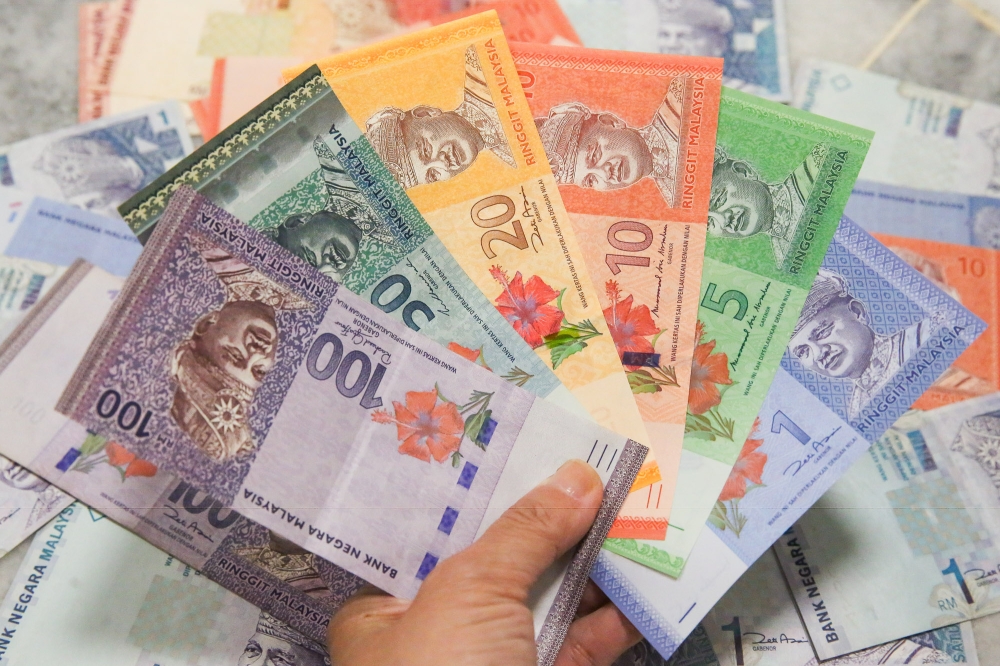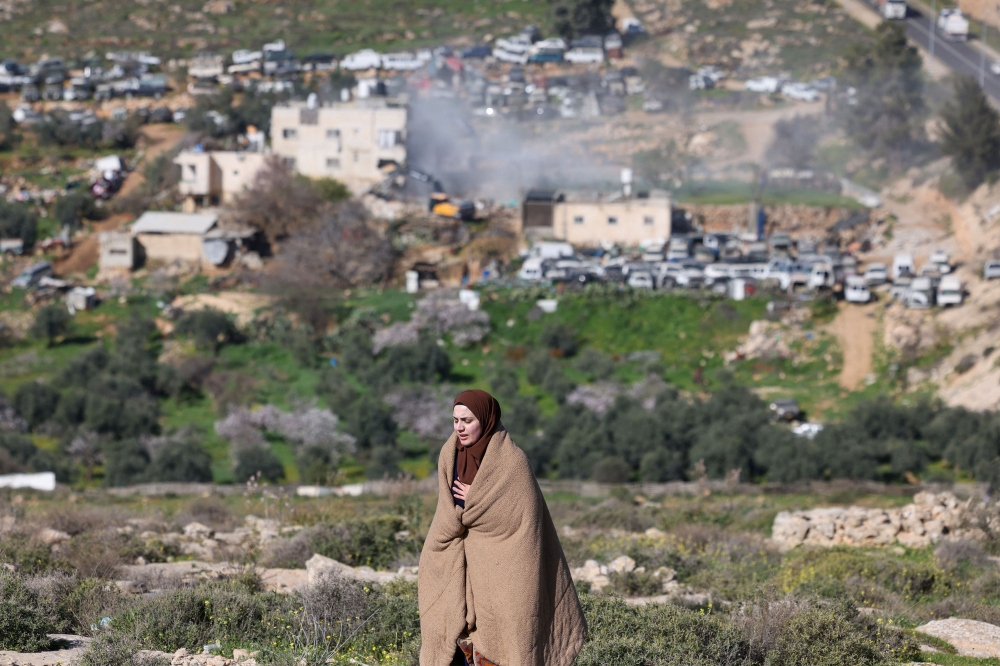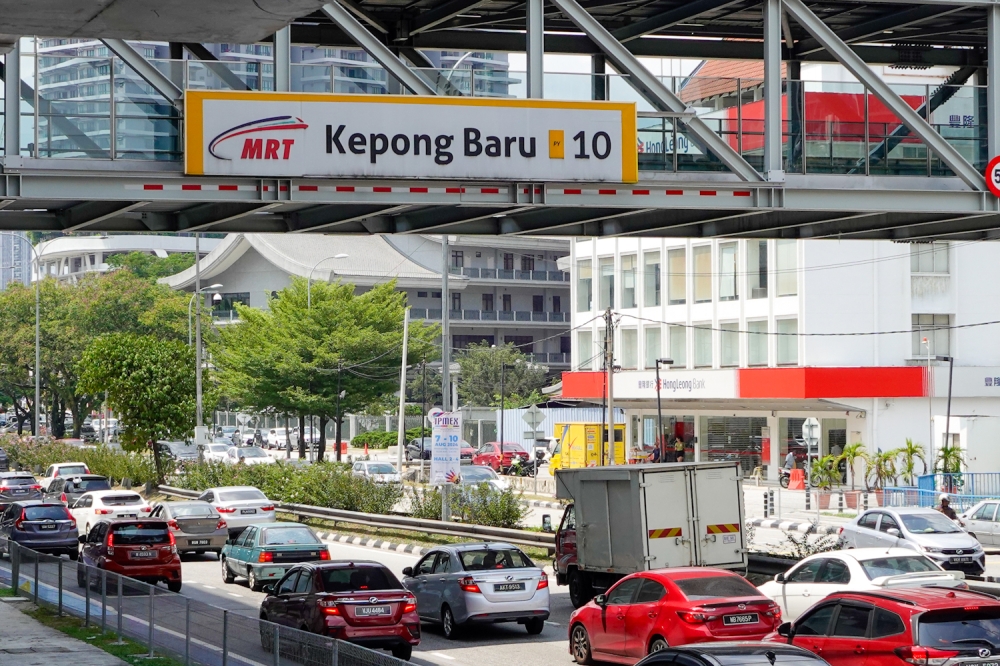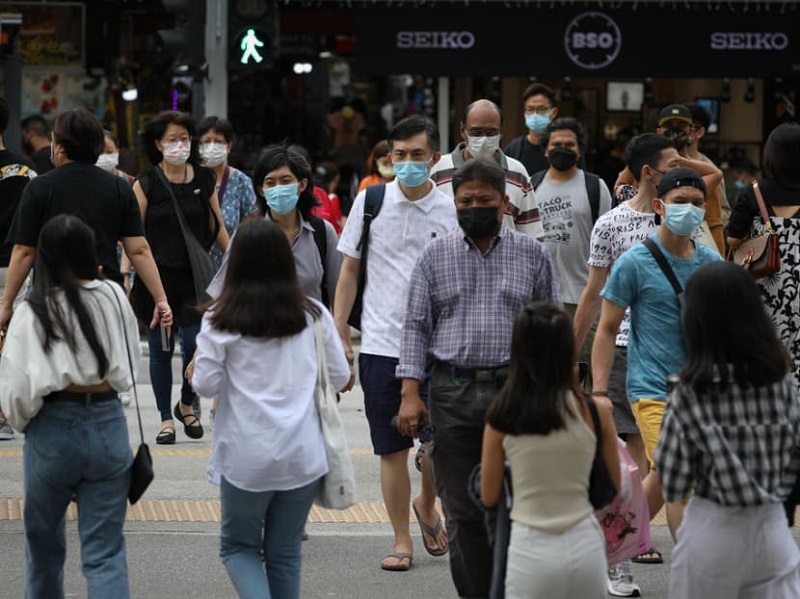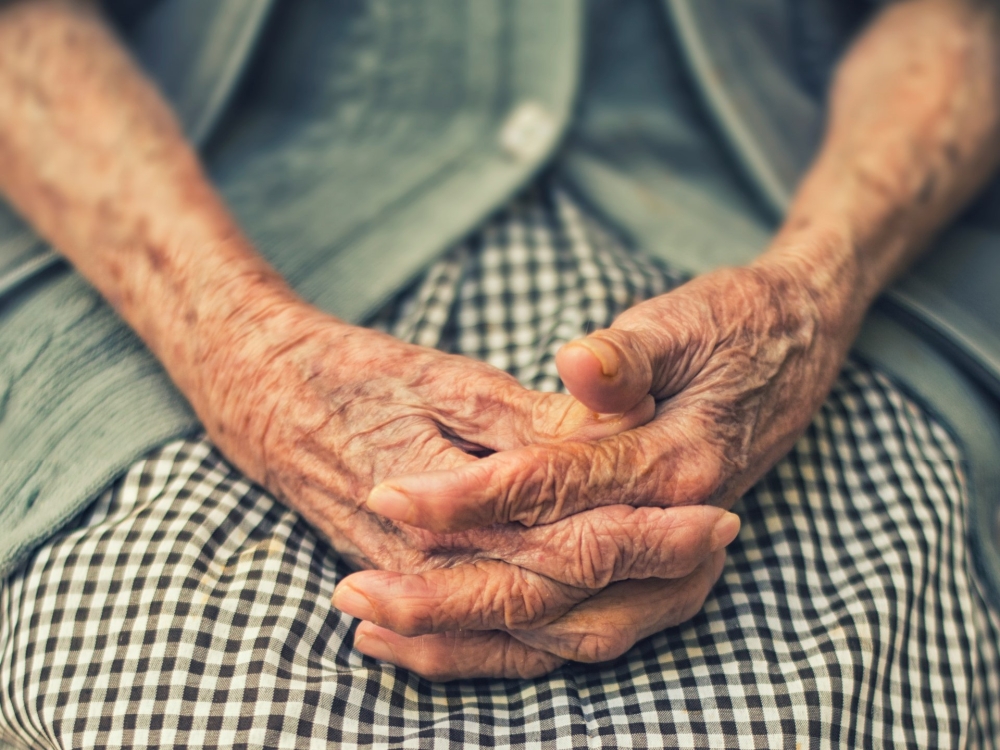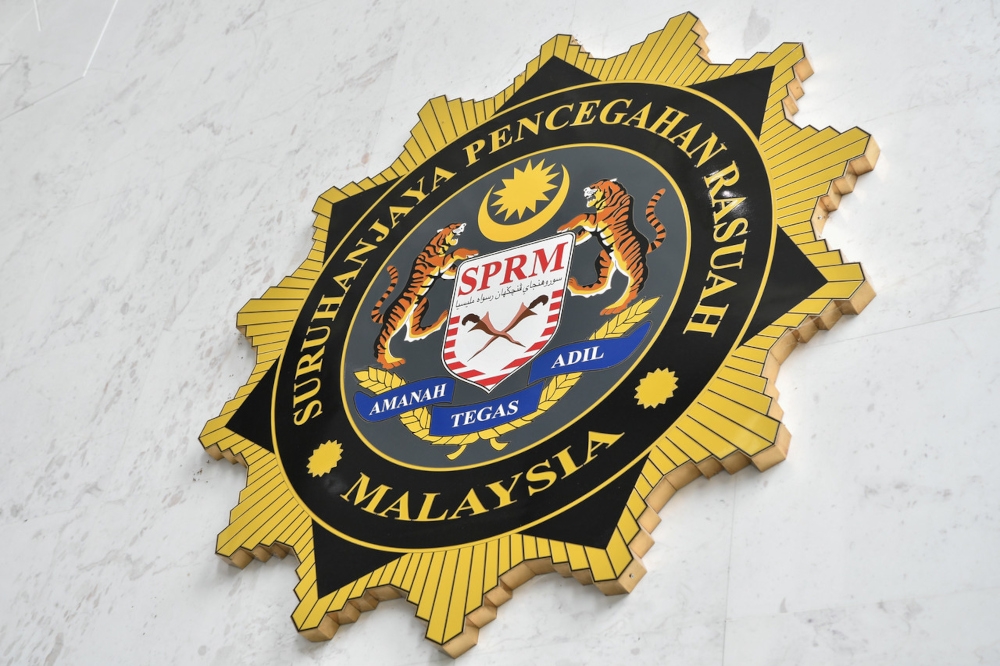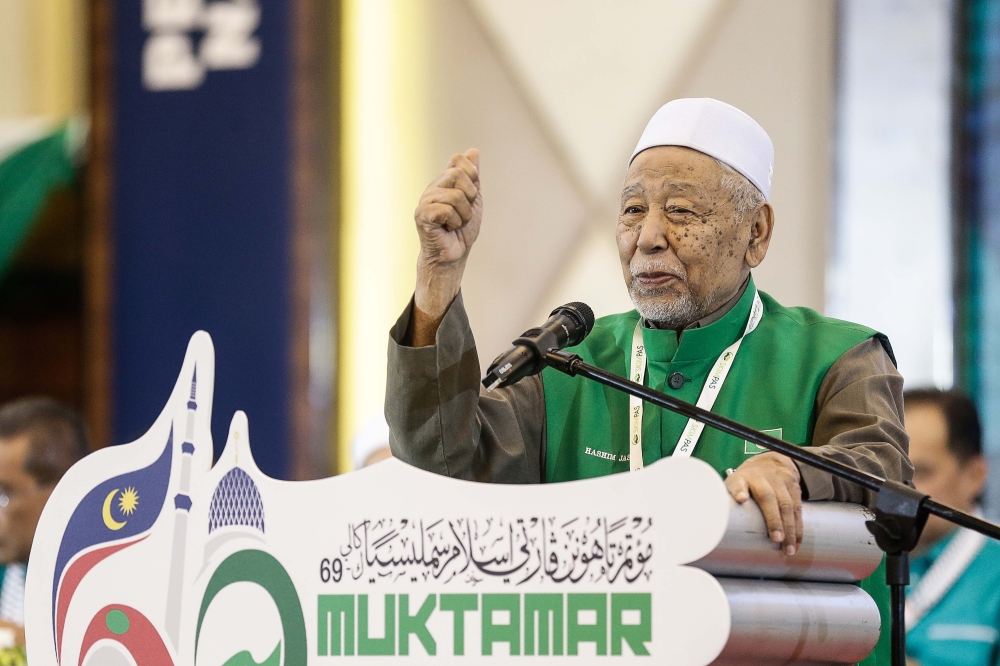SINGAPORE, Dec 7 — While there are “positive aspects” of Singapore’s efforts to eliminate racial discrimination, some areas of concern remain, a United Nations committee has found.
These include claims that law-and-order officers engage in racial profiling, the health status of minorities as well as movement restrictions imposed on foreign workers in dormitories, it said, following its first review of Singapore’s efforts to eliminate racial discrimination here.
The Committee on the Elimination of Racial Discrimination released its concluding observations last Friday (December 3) after assessing Singapore’s implementation of an international treaty to eliminate all forms of racial discrimination.
Called the International Convention on the Elimination of All Forms of Racial Discrimination (Icerd), the treaty requires countries to condemn all forms of racial discrimination and fulfil treaty obligations.
Singapore ratified the treaty in 2017 and submitted its first state report on the measures it was undertaking to the committee the following year.
The Singapore Ministry of Culture, Community and Youth (MCCY) heads the inter-ministry task force on Icerd.
Several civil society organisations here had also submitted their own shadow reports to the UN committee ahead of the review.
The review of Singapore’s efforts took place in Geneva, Switzerland on Nov 18 and 19. A multi-agency delegation from Singapore led by Dr Maliki Osman, who is Second Minister for Education and Foreign Affairs and a minister in the Prime Minister’s Office, attended the review.
The following are some points that were raised in the committee’s seven-page concluding observations.
‘Positive aspects’
The committee expressed its “appreciation for the constructive dialogue” with Singapore’s delegation in Geneva.
It noted several positive aspects in Singapore’s efforts to eliminate discrimination. These include:
- Singapore’s accession to the Convention on the Rights of Persons with Disabilities in 2013.
- Amendments to the country’s Constitution and the Presidential Elections Act in 2016 aimed at safeguarding the representation of ethnic minority groups in the office of the President. The changes ensure that a presidential election will be reserved for a particular racial group if no one from that group has been president for five continuous terms.
- Singapore’s adoption of the Prevention of Human Trafficking Act in 2014.
- The launch of a national approach against trafficking-in-persons in 2016.
- Establishing an inter-ministry committee on Icerd in 2015 to monitor the implementation of the convention.
Areas of concern and recommendations
Anti-discrimination legislation
- The committee recommended that Singapore adopts comprehensive anti-discrimination legislation.
- The legislation should include a definition of racial discrimination that covers all grounds of discrimination in line with Icerd. This includes any distinction, exclusion, restriction or preference based on race, colour, descent, national or ethnic origin.
Racial profiling
- The committee said it was concerned by reports that minorities are more likely to be stopped and checked by law enforcement officers.
- Civil society group Transformative Justice Collective had highlighted this issue in its shadow report submitted to the committee.
- The committee recommended that Singapore develops and implements laws and policies that define and prohibit racial profiling by law enforcement officers.
Situation of ethnic minorities
- The committee noted Singapore’s explanation that the principle of meritocracy ensures equal opportunities for everyone, with more vulnerable groups receiving support.
- However, the committee said that these measures are insufficient to address structural discrimination against ethnic minority groups.
- It recommended that the Singapore government adopts “special measures” to eliminate structural discrimination. These measures should take into account inequality gaps and the specific needs of ethnic minority groups so that they can see a meaningful reduction in poverty.
Health
- The committee expressed concern over reports that ethnic minorities are statistically more likely to suffer chronic illness.
- It also noted that the Singapore government’s Home Ownership Plus Education (Hope) scheme, which provides low-income families with two or fewer children with financial aid, affects Malay women.
- Both issues were raised by civil society organisation Community Action Network in its shadow report. In particular, the organisation had said that the Hope scheme indirectly affects the reproductive health of Malay women by requiring them to have fewer children.
- The committee recommended that minorities have adequate access to quality healthcare services.
- It called for a review of policies, including the Hope scheme, to avoid any discriminatory impact on the rights of minority groups, including their right to reproductive health.
Migrant workers
- The committee raised several concerns over movement restrictions in place for migrant workers living in dormitories which have been in place since last year. Currently, migrant workers can visit the community or recreation centres on selected days.
- The committee called on the Singapore government to improve the living conditions of migrant workers in dormitories and to respect their right to freedom of movement.
- It also noted that female migrant workers are deported if they fail mandatory tests for pregnancy and infectious diseases. The committee called for an end to this practice.
Next steps
The committee recommended that Singapore combines its second to fourth periodic reports, which are usually due every two years, into a single report.
It asked that the single document be submitted to the committee by November 2025. The document should address all points raised in the concluding observations, added the committee.
TODAY has reached out to MCCY for comment on the committee’s concluding observations. — TODAY




